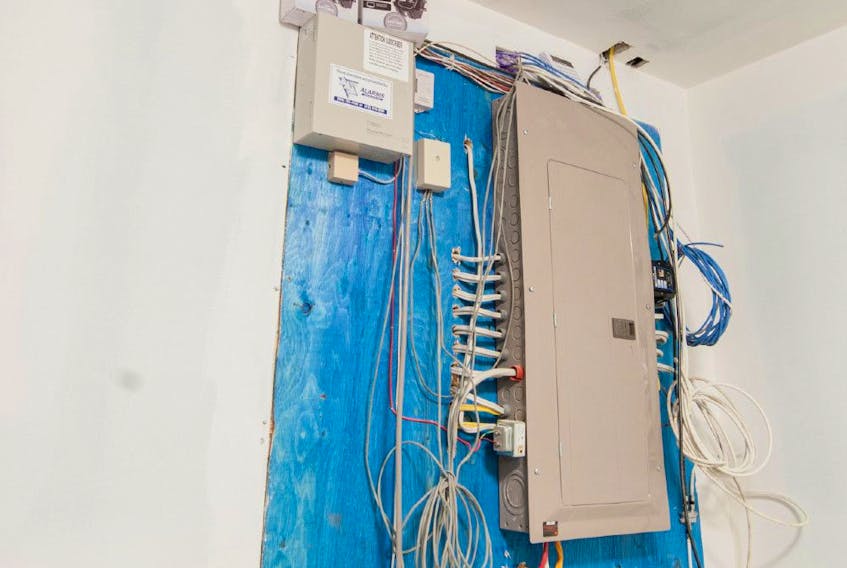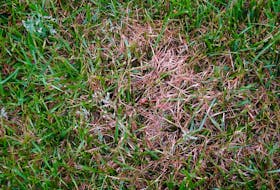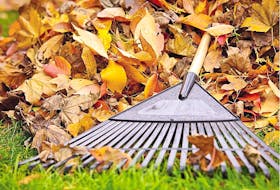As a homeowner, one of your most valuable tools is your nose. A well-tuned sniffer can help uncover issues in your home that are hiding behind the walls. If you haven’t got the advanced tools of a home inspector that can pinpoint specific problems, your nose can at least alert you to potentially hazardous problems.
So, what are you smelling for? Here are the scents you want to keep an eye — er, a nose out for:
Is something cooking?
The easiest smell to diagnose is a burning odour. If there’s nothing on in the kitchen, but you smell something similar to rubber burning while you’ve got an appliance running, or even when some lights on, that’s a huge red flag that there’s an issue with your electrical wiring. It’s pretty likely that you’ve got a circuit overheating – so get to your breaker box and turn off the circuit you think is the culprit.
Your next job is to call a licensed electrician. Electrical work isn’t a DIY job — you don’t want to risk causing bigger damage to your panel, so have a pro take care of it.
Is it gas?
Did you know that most natural gasses are odourless? The problem is, high concentrations can be deadly if they get in to our homes without us realizing. So many things in our homes may be powered by natural gas — everything from your heat, hot water, and even appliances — and on its own, it’s undetectable by your nose.
So to help protect you, natural gas companies actually add an unpleasant odour to the gas, so if you have a leak, you’ll be alerted. If you can smell rotten eggs, that means you’ve probably got a gas leak. If that happens, get out of the house immediately and then call your utility company.
This is the reason why every home should have a carbon monoxide detector on every level. You can’t detect it on your own, so if this harmful gas leaks in to your home — you need something to alert you.
Detecting mould and dry rot
The only fungus you want in your home are the mushrooms you can buy at the grocery store. Every home will have some degree of mould spores, but low amounts aren’t harmful. It’s when the mould spores grow out of control that you’ll have serious mould growth. How can you tell? Generally, a musty or mildewy scent denotes mould. Mould needs three ingredients to grow: air, a source of food, and moisture. If you can remove excess moisture from your home, mould won’t grow in excess.
Often, you’ll be able to spot it, typically around areas susceptible to moisture penetration — windows, basements, and bathrooms. If the surface area covered by the mould is small, you can manage cleanup on your own — with the right PPE.
The other fungus you’ll want to keep an eye out for is dry rot. Dry rot presents itself as a mushroom smell. So if you’re smelling mushrooms despite them not being on the menu for supper, you could be smelling dry rot.
Don’t be fooled by the name: Dry rot is also caused by a home with too much moisture. Dry rot ruins the integrity of wood it manages to come in contact with — and that’s especially true in older homes.
If you can’t find it, odds are the mould’s gotten behind the walls. A mould-abatement pro will be able to find the source of the mould, handle cleanup safely and prevent the mould from returning.
Your best defence against mould and dry rot is to ensure you have enough ventilation in your home. That means running your kitchen and exhaust fans while you cook and bathe. It means promoting a healthy air exchange through a heat-recovery ventilator, or opening the windows for a few minutes a day.
Don’t ignore what your nose tells you. A suspicious smell without a reasonable source can jeopardize your health. If you can’t locate the source on your own, call in a pro to help.
To find out more about Mike Holmes, visit makeitright.ca
Copyright Postmedia Network Inc., 2020









